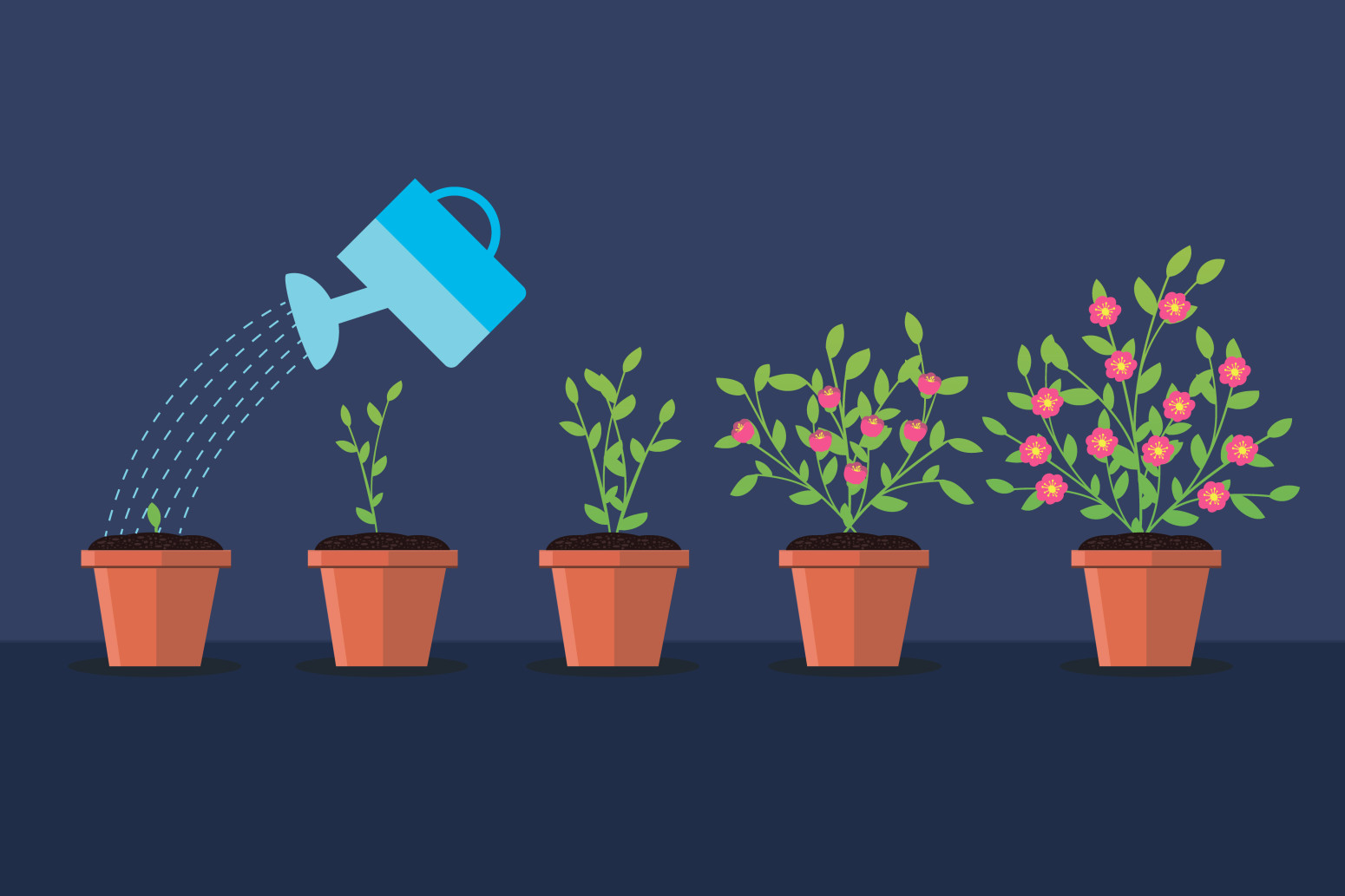This is the first part of a series on how to make the second half of your life the best it can be. You might be surprised to learn that life after 50 can be even more fulfilling than the first fifty. In this article, I explore why so many of us settle for just going through the motions and what it means to flourish by adjusting your mindset, prioritizing self-care, transforming losses into lessons and leaving a legacy of love. Let’s start with a foundational question: What does it mean to flourish?
As we age, we have to make a few minor (and some major) adjustments. You might find yourself slowing down a few steps, writing down things you need to remember, or taking preventive measures to protect your health because your immune system isn’t what it used to be. You might have to learn to smile at a few new wrinkles in the mirror and begin to make peace with life’s more difficult terms, like aging and impermanence. And finally, you might need to consult with a trusted financial advisor, lawyer, clergy, or family business consultant to put your house in order.
I’ve also discovered there’s an exciting upside to growing older. In fact, the myriad opportunities to flourish and thrive in the second half of life may afford you newfound strength, courage and emotional freedoms. Consider the possibility that the sage wisdom, skills, and experience you’ve gained may provide timeless moments to harvest the joys, blessings, miracles, and gifts of your life. And offset losses and unwelcome changes. Knowing what is truly most precious in your life may set the stage for some of your best years ever with seemingly endless chances to prioritize people, values, and opportunities.
As you step into your 50s, 60s and 70s, you can also upgrade your capacity for self-care, compassion, intimacy and generosity of heart — and leave a robust legacy of love, rather than one of chaos.
Here are three steps I have found both personally and professionally essential to flourishing in the second half of life:
Lead with gratitude.
Adopting an “attitude of gratitude” is something thought leaders have been talking about since Hans Selye, wrote about it 60 years ago. It has become a cliché but don’t let that get in the way. Leading with gratitude is as essential to flourishing as any other factor. Focusing our attention on the part of the glass that’s half full rather than the part that’s half empty is easier said than done. Here’s why.
Every life has its share of losses, disappointments, and dreams that go up in smoke. However unpleasant these parts of life may be, they cannot be swept under the rug. Nor can these deeply embedded “negative feelings” be swept away with “positive thinking.” We can, however, work through them by allowing gratitude to arise within us naturally. As we give ourselves permission to grieve, vent, rail, and non-judgmentally acknowledge our emotions; as we find constructive outlets for our pain, sorrow, and anger, we clear the path forward so that things like joy, peace, acceptance and yes, gratitude, can surface.
The gratitude that arises in us may be personal, focused on our partner, children and/or parents. It may be the teachers, aunts, uncles, grandparents, mentors, coaches, and friends who stood by or showed us what was right. We might be grateful for the freedoms we enjoy living in this country, or having access to clean air, water and shelter. We might feel a deep sense of gratitude for the protections and safety we experience in a nation that champions law and order, social justice and human rights. Or, our gratitude might be of a spiritual nature, a celebration of the very life and existence we’ve been afforded.
A Renewed Sense of What’s Important
The second step for flourishing in the second half of life comes from searching out and discovering what is most important to you at this time in your life. The result of this essential inquiry is a renewed sense of purpose and significance.
Some questions we might ask ourselves as we begin this inquiry are:
- How do I want to grow my soul in the second half of life?
- What do I want to explore, experience and learn?
- What could I do to make my life more of what I want it to be?
- What makes my heart sing? And what weighs it down?
As we begin intentionally incorporating the answers to these and other questions into our lives, we develop a renewed sense of purpose, meaning and significance. We feed our souls and flourish.
Without a well-fed soul, life can feel like an endless to-do list. We go through the motions from day to day without any real sense of purpose. When we balance our life with activity that aligns with our sense of purpose, we can look back and see a life well-lived.
Lighten and Open Your Heart
The third step for flourishing in the second half of life is to put your heart’s house in order. Taking honest inventory of the things weighing heavily on your heart by asking, “What is weighing heavily on my heart?” puts us in a position to say, do, and think the things that unburden us. And lighten our load.
There will be things we can do something about — and some we can’t. We might not be able to do anything about the loss of loved one but we can honor their legacy in the way we live on. We may not be able to save the life of a bright, talented family member who is an alcoholic or addict, or a spouse who suffers from M.S. and can no longer take beautiful morning hikes with you. You cannot change the mind of a lifelong friend who is moving across the country. And you may be grieving the loss of your younger self, or your past. But you can grieve these “living losses” in a healthy way and move forward by writing wonderful new chapters in your own life. And making new memories.
Once you’ve taken inventory of the things that are weighing you down, begin exploring your options for lightening the heaviness in your heart. You can do this alone or with a trusted confidant. Here are a few options to get you started:
- Make a list of everyone and everything you’re angry about.
- Do a data dump, expressing your anger and hurt in full measure to lighten your load of resentment, hurt, bitterness, vengeance, and betrayal. Let it go!
- Write a letter to someone you love and miss (whether they are still alive or not). Tell them what you most love and appreciate, and what you miss about them.
- Write a letter of apology to heal an old wound.
- Forgive someone in your past.
We flourish when we make the most of the time we have on this earth instead of falling asleep at the wheel as we get older, and settling for going through the motions of life. By putting each one of these three steps in motion, we refuse to settle for anything less than our best possible future.
The final element of flourishing is when we pay the good in our lives forward to our children, grandchildren, and future generations, so they, too, can enjoy the things we have experienced in our lifetime. When we pay it forward, making this world a better, safer, more peaceful place in which others can flourish, we leave a legacy of love.
Follow us here and subscribe here for all the latest news on how you can keep Thriving.
Stay up to date or catch-up on all our podcasts with Arianna Huffington here.


